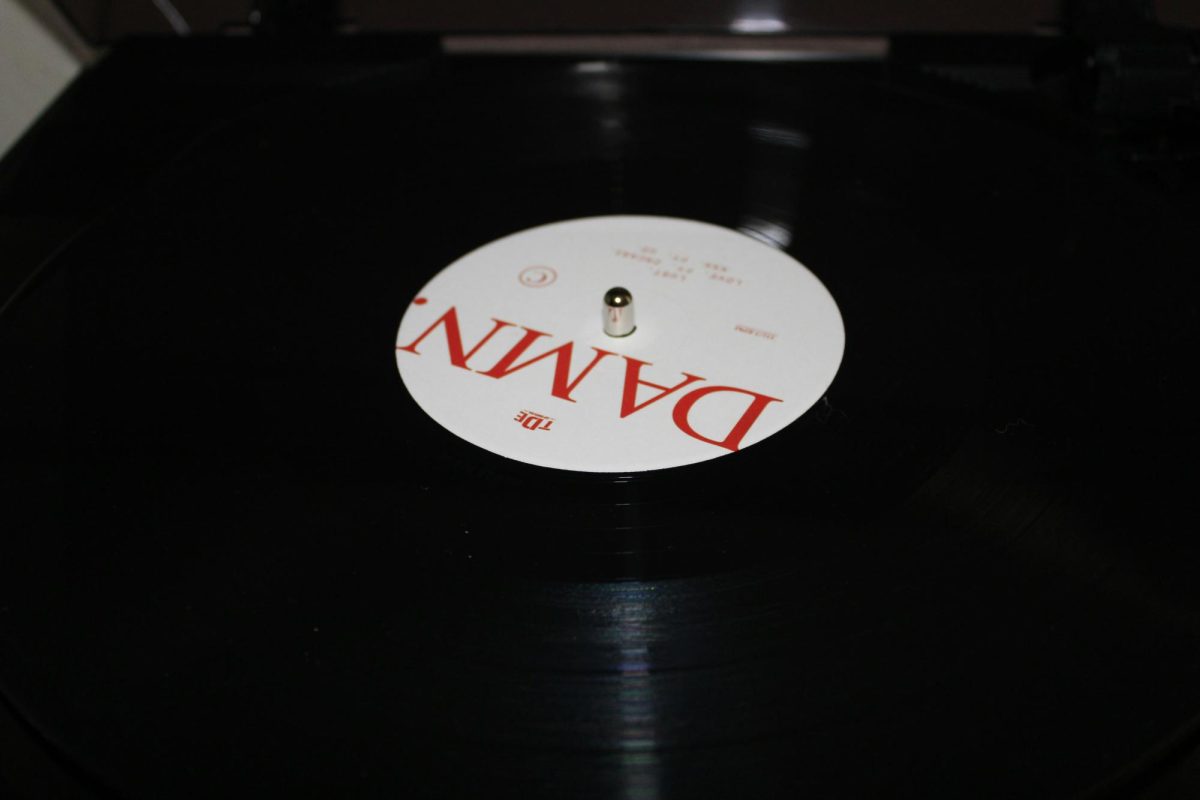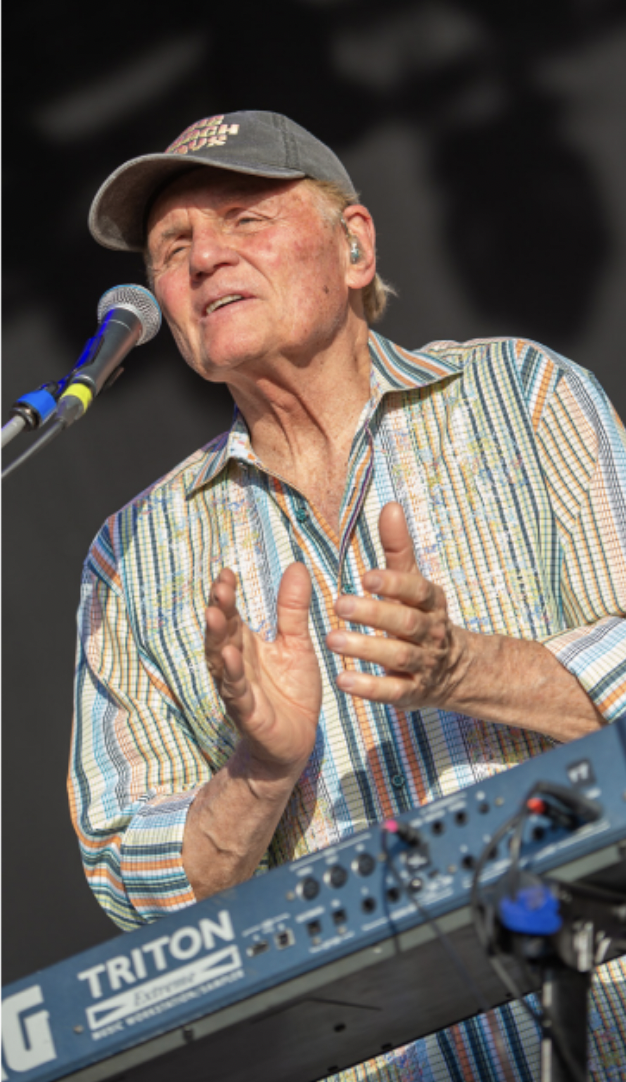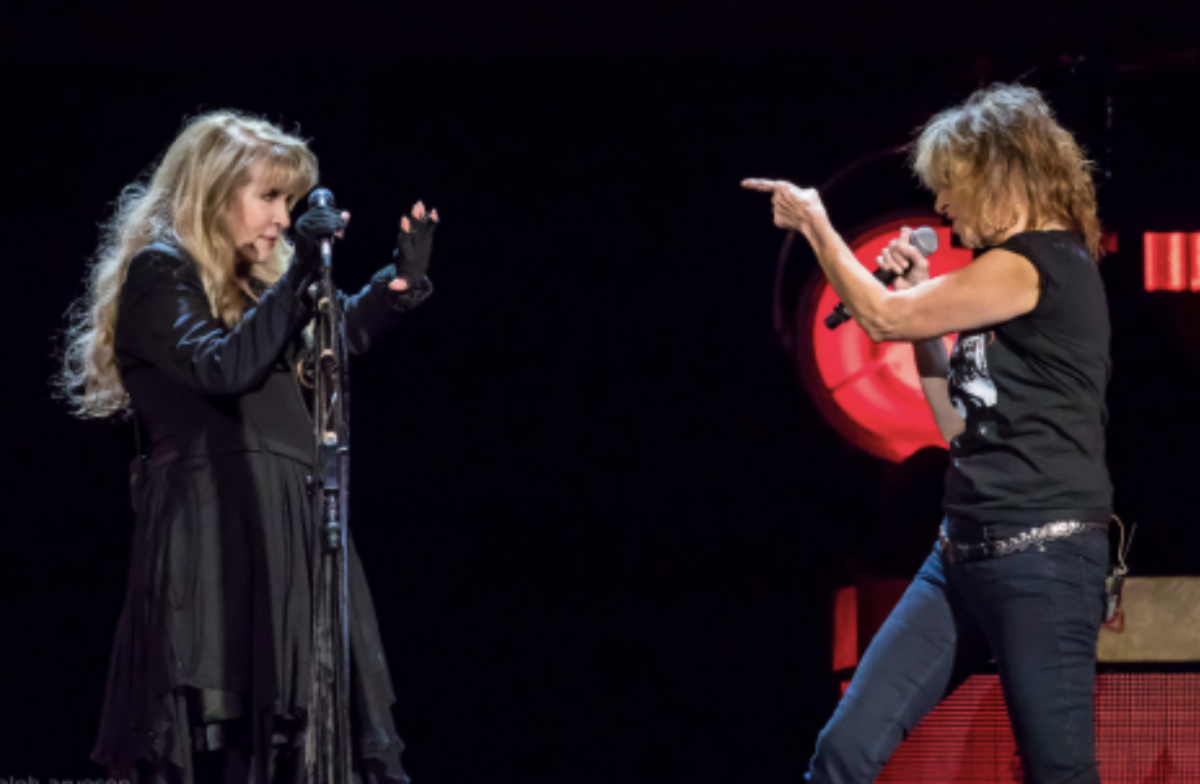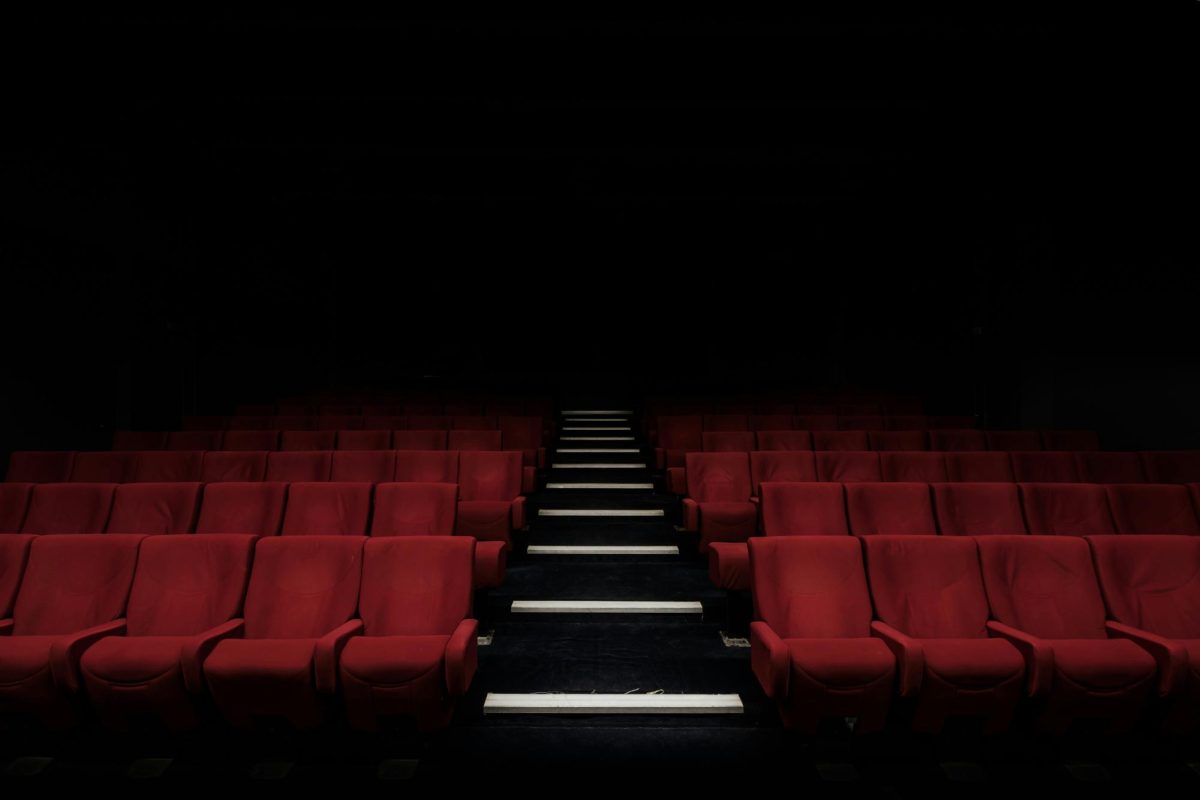On Feb. 9, 2025, Kendrick Lamar presented a Superbowl halftime performance that critiqued the American experience, diving into the racial inequality and political tensions present within the United States.
Lamar is no stranger to expressing political views through his music. The backdrop of the Super Bowl LIX allowed him to create a message that would reach millions of viewers nationwide.
The performance commenced with Samuel L. Jackson dressed as American figurehead Uncle Sam, welcoming viewers to the “Great American Game.” This term, often used to refer to the sport of football, acts as a double entendre, reflecting the maneuvers of U.S. politics.
Lamar then entered, followed by his cast of black dancers, whose red white and blue outfits symbolized the impact of African Americans on America’s foundation. The dancers assembled into the shape of a divided American flag with Lamar placed at its center.
Lamar began the performance by stating, “the revolution is about to be televised. You picked the right time but the wrong guy.” This statement references the 1971 poem ‘The Revolution Will not be Televised’ by Gil Scott-Heron.The phrase became largely popular among Black activists following the poems publishing. Lamar’s words echoed through millions of televisions in America and were interpreted as an act of defiance, especially with President Donald Trump in attendance.
Early in the performance, Lamar sang “Squabble Up.” This song elicited a strong reaction from Samuel L. Jackson, who referred to the music as “Too loud, too reckless- too ghetto.” Uncle Sam, in history, has symbolized the role of the American government. Jackson, a black man, filled this role in order to criticize the contradictions within the government.
The game motif continued throughout the performance, with dancers aligning themselves into a tic-tac-toe board formation and Uncle Sam saying, “scorekeeper, deduct one life.” This symbolism not only compares the struggles of Lamar’s life to a game, but comments on how a Black man must play along with the intricacies of the American system.
During his performance, Lamar also made the powerful statement, “40 acres and a mule, this is bigger than the music.” Lamar referenced the promises made to freed slaves after the Civil War to suggest that these promises are yet to be fulfilled, as the Black man still struggles against oppression.
Junior Brody Salowe of Ocean Township recognized the implications of revolution, saying, “It wasn’t blatantly said, but there were definitely undertones there, and I did appreciate hearing that.”
This concert not only vocalized the presence of racial inequity in American politics, but added fuel to the feud between Lamar and another famous rapper, Drake. Since the start of their dispute over 10 years ago, Drake and Lamar have released a combined nine songs about each other. Their feud resurfaced after the release of Lamar’s 2024 No.1 Billboard hit, “Not Like Us,” where Lamar alluded to the grooming allegations made toward Drake. This song acts as a criticism towards Drake’s presence in the rap industry and Black community.
Drake responded to the song by filing a federal lawsuit against music distributor Universal Music group, calling their promotion of Lamar’s song “corporate greed.” Lamar referenced this lawsuit during his halftime show saying, “I want to play their favorite song, but you know they love to sue.”
To further the attack, Lamar brought out SZA and Serena Williams during his show, who are both former romantic interests of Drake’s.
Lamar captivated audiences with his performance and political commentary, his performance reaching 133.5 million views. The show took the record for the most watched Super Bowl halftime show in history, a title previously held by Michael Jackson’s 1993 performance.
Despite the record-breaking viewership, Lamar’s show was poorly received by many Americans, and was referred to as the “worst halftime show ever.” Older crowds were more likely to find the performance distasteful. Ironically, many have pointed out that the older crowd’s criticism of the performance is a direct reflection of the message Lamar was trying to portray to begin with, sometimes even directly mirroring the commentary by Jackson’s portrayal of Uncle Sam.
On the contrary, Lamar’s performance was positively received by younger generations, specifically teenagers and young adults including sophomore Sofie Grodman of Sea Bright.
“Overall I thought it was really cool, and I liked that we as the audience got to think a little deeper beyond just the halftime show,” Grodman said.
These age groups recognize the strong act of defiance against unjust systems and applaud Lamar’s willingness to speak out. Lamar strategically orchestrated a performance packed with symbolism and used his platform to shed light on American politics.









